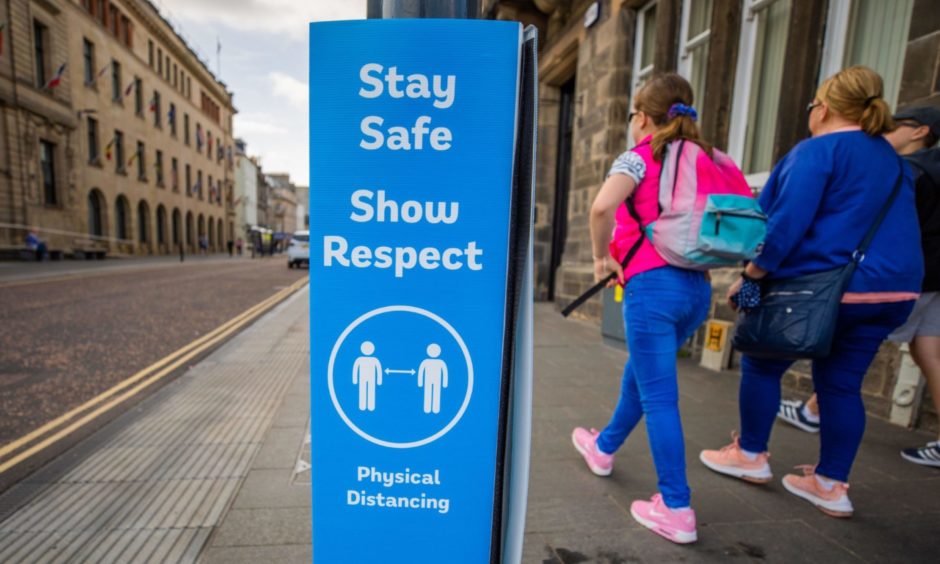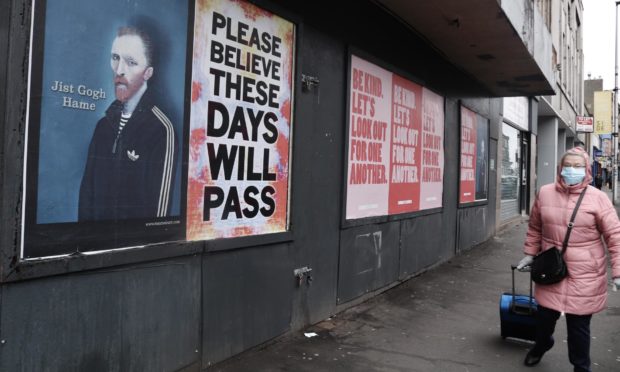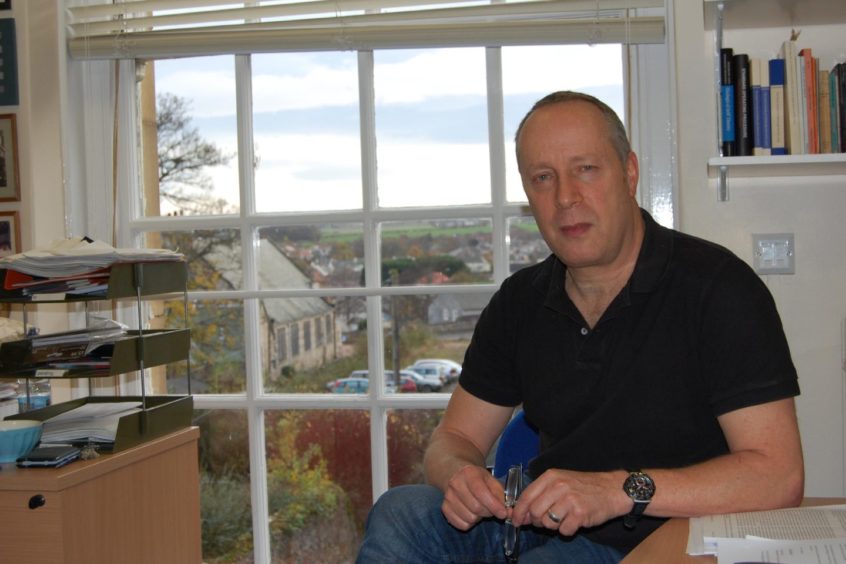A leading expert in behavioural science has suggested a shake-up of coronavirus rules in Scotland to allow more household mixing could help slow the spread of the virus this Christmas.
Stephen Reicher, professor of social psychology at St Andrews University and an adviser to both the UK and Scottish governments, said ministers could introduce an informal social contract with the public to allow families to meet indoors.
Professor Reicher believes this approach must be conditional on a greater focus on hygiene and safety in the home environment, including social distancing and ventilation, to curb the spread of Covid-19 over the festive season.
Ministers across the UK are reportedly considering loosening rules over a five-day period starting on Christmas Eve to allow families to come together.
The plan is said to be in part a response to concerns that some groups could hold large celebrations involving multiple households if they feel restrictions are too restrictive to be followed wholesale.
Professor Reicher believes the government must avoid using measures so restrictive that public compliance is lost and suggested that an approach that promotes public health measures at home could be more effective.

He said: “It’s a really difficult one because, first of all, there’s no point in having rules if nobody follows them. But, on the other hand, if you just have a free for all and say to people ‘do what you like’, there’s real danger there.
“My sense is that it might make sense to almost develop a contract with the public and tell them it’s really important that we use the same safeguards inside the home that we use outside of it.
“There hasn’t been enough emphasis on domestic transmission, in my view. We’ve had a sense that we can’t really do much inside the home, so all we do is have very broad rules which say don’t mix with anybody.

“I think we need more focus on domestic transmission and domestic safety. In the home, as well as outside, we need to observe hygiene, we need to keep our distance – especially if people from outside the home are coming in – and we need ventilation.”
Professor Reicher said people tend to relax at home and this makes it “the most dangerous place of all if we don’t observe the safeguards” but the expert believes building public awareness could help mitigate the risks.
“Public trust is stretched thin and there is a danger of breaching it,” he said.
“One of the most important elements of trust is a sense of partnership rather than paternalism, in other words that it’s not government wagging a figure and saying ‘you’ve got to do something’ but rather it’s asking people to work with them.”
Professor Reicher believes such an approach could help “restore the bonds of trust” between the public and the government, and help people better understand the direct dangers of breaching guidance.
He added: “Keeping and restoring the bonds of trust that we’ve got and using an approach that makes that bond better can, paradoxically, in relaxing restrictions, perhaps increase compliance.
“If everybody keeps their distance and uses hygiene, if everybody uses ventilation, then actually that will decrease the spread dramatically. It could be that by relaxing the rules a bit you are more effective in limiting contact and limiting the disease.”











